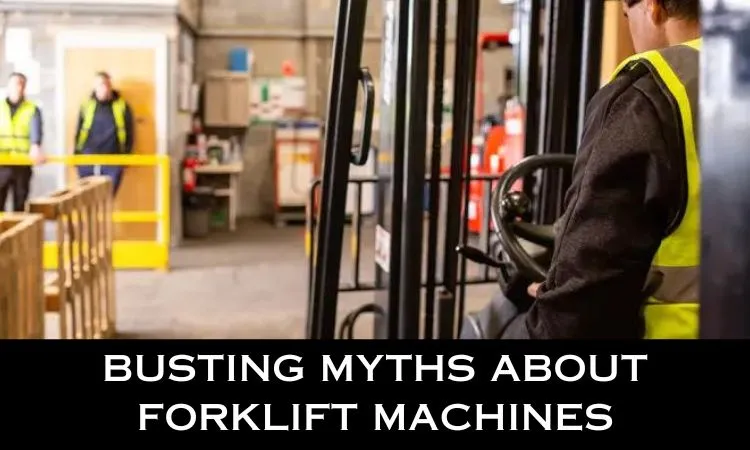Dispelling myths and misconceptions about forklift machines are crucial for promoting a culture of safety in the workplace. Forklift hazards should never be underestimated, and adequate training is vital to ensure their safe operation. By addressing the myths surrounding forklifts, we emphasize the importance of proper training and the potential risks associated with neglecting safety protocols.
If you’re in Brampton and require forklift training, it is essential to partner with a reputable training provider. Ensure that the training program covers all relevant aspects, including machine operation, safety guidelines, load handling, and emergency procedures. By prioritizing forklift training and safety, you can protect your employees, prevent accidents, and create a secure working environment.
Remember, when it comes to forklift machines, knowledge, and training are the keys to unlocking their potential while minimizing risks. Don’t let myths jeopardize the safety of your workplace; instead, invest in proper training to keep your operations running smoothly and safely.


